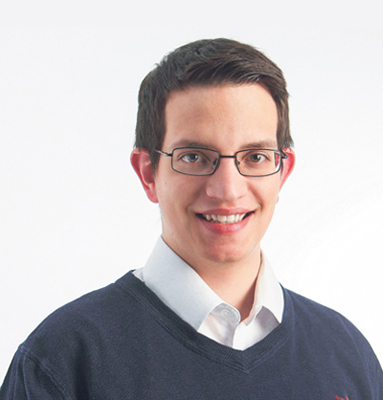I’ve thought long and hard about what, if anything, I was going to write about the Gerald Stanley trial.
We ran the stories throughout the trial. People can decide for themselves whether the verdict was just or not.
I want to talk about some of the things that came up surrounding the trial, and what the case was not.
First and foremost, the case was not about self-defence. Stanley’s team of lawyers did not argue he shot someone to defend himself or someone else.
In Canada, there are no stand-your-ground laws. To plead self-defence, you have to show that your life or that of another was directly at risk.
Instead, the defence argued, successfully, that Stanley experienced a hang fire, that the gun went off without him pulling the trigger.
That’s all that case hung on. That’s the argument the defence chose, and the jury accepted.
It’s not often I’ll bring religion into a column. My own relationship with my faith has been a rocky one. But one thing it did teach me was the value of a human life.
I’m reminded of a passage about an eye for an eye – where it talks about turning the other cheek, offering your second eye if they take the first and loving your enemy.
In that passage alone, the message is clear. The value of a life is more important than some stuff.
Religious arguments aside, the country where you can shoot someone for breaking into your property is not one in which I want to live.
Some have said because he was drunk and his friends were stealing, he deserved it.
Stuff can be replaced. No amount of money can bring a life back.
Kevin Joseph touched on this in his incredibly powerful column from Saturday’s paper. What happened on that farm was a tragedy. It should lead to soul-searching for all of us.
But what we’ve seen develop in this province cannot stand to be. Supporters of the Boushie family rallied in P.A. this weekend. They didn’t call for more deaths, or revenge, or argue all farmers are out to get them.
They did say Gerald Stanley is guilty. There are valid concerns also when politicians wade into the legal sphere.
Argue on those two points, but leave it there. There is no need for threats of violence or stereotypes about the lazy Indian, or the drunk, or the thief.
Comment sections on social media and news websites throughout this whole process have consistently implied that Indigenous people are lazy drunks, or that they need to get a job.
Where were the non-Indigenous voices in those comment sections calling for peace and prayer and mutual respect?
In many of these cases, they were missing.
We saw people calling for more Indigenous people to be shot. We heard about an Indigenous person in Saskatoon who had people drive up to him and mime like they were shooting him.
We saw a First Nations woman share an email she received telling her to go back to residential school and learn how to live like a civilized member of society.
We’ve had people complain about “all that native stuff” or get annoyed when they see stories in the paper, even when our community is 42 per cent Indigenous.
Saskatchewan has a racism problem. We’ve seen it time and time again. You can argue, perhaps, that it didn’t play a role in this court case. You can’t argue it doesn’t play a role in our province.
Any time we post a story involving an Indigenous person, I get nervous. I’ve spent weekends glued to Facebook, moderating comments, because I know the ugliness that’s out there.
We have to remember each other’s humanity. Each person you meet has a mother or father, brother, sister, son or daughter, friend, someone, anyone, who cares about them.
Whoever you are, before you say or do something, think about if that were your family member or friend. Would you like them to be shot? Would you call for their head?
It comes down to humanity, and mutual respect. We all learn to respect and share in school. Somehow, when we grow up, we forget those very first lessons.
There’s an ad playing during the Olympics right now with people looking at death and destruction and hatred, and saying the world needs more Canada.
Looking at the attitudes and comments, and the lack of respect and humanity so clearly visible, I would say something different.
I would say maybe Canada needs a little more Canada.
So where do we go from here? What can we do?
We can challenge our own thinking and our own biases. We can encourage our friends and family to choose love.
All in all, it comes down to one thing.
Mutual respect.
This column originally appeared in the February 13 edition of the Daily Herald


